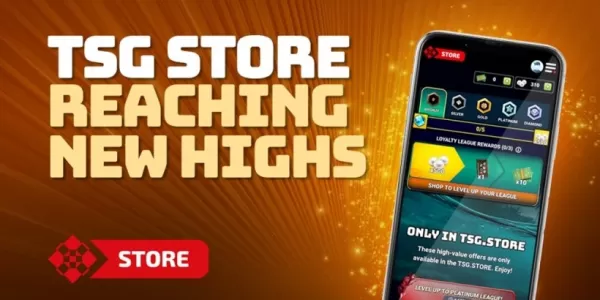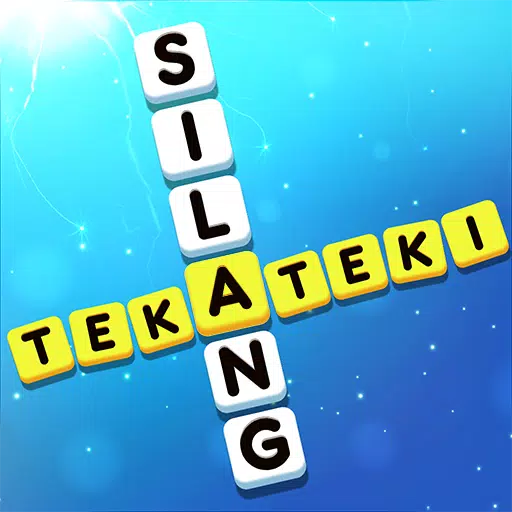The Screen Actors Guild - American Federation of Television and Radio Artists (SAG-AFTRA) has provided an update to its members regarding the ongoing negotiations for video game actor AI protections. While some progress has been made, SAG-AFTRA remains "frustratingly far apart" from the industry bargaining group on several critical issues.
SAG-AFTRA has released a chart highlighting the disparities between their proposals and those of the gaming industry's bargaining group, which represents major AAA gaming companies. Key points of contention include:
- Protection from digital replica or generative AI use: SAG-AFTRA seeks protection for all work, not just work produced after the agreement's effective date.
- Definition of "digital replica": SAG-AFTRA proposes that any performance, vocal or movement, "readily identifiable or attributable to" a performer be included, while the bargaining group prefers "objectively identifiable," potentially allowing for exclusion of many performances.
- Inclusion of "movement" performers: SAG-AFTRA wants to include these performers in the AI agreement.
- Terminology for generative AI: SAG-AFTRA favors "real-time generation," while the bargaining group suggests "procedural generation," which SAG-AFTRA argues has a different meaning in gaming contexts.
- Disclosure requirements: Disputes over whether employers must disclose blending voices for digital replicas and the use of voices for real-time chatbots versus scripted dialogue.
- Consent during strikes: SAG-AFTRA's proposal allows withdrawal of consent for digital replica use during strikes, whereas employers want to continue using them, even on struck games.
- Duration of consent for real-time generation: SAG-AFTRA proposes a five-year limit, requiring renewal, while the bargaining group seeks unlimited consent.
- Compensation for digital replica creation and use: There are disagreements on minimum pay, though tentative agreements have been reached on bonus pay calculations.
- Bonus rights for employers: The bargaining group's proposal, akin to the SAG-AFTRA TV/Film agreement, offers employers certain rights in exchange for a premium. SAG-AFTRA finds the current proposal too broad but is open to considering it with stricter boundaries.
- Tracking digital replica use: SAG-AFTRA wants to implement a tracking system to ensure performers are paid appropriately, which the bargaining group considers unfeasible.
- Regulation of "synthetic" performers: Specific definitions and regulations around characters created entirely by generative AI systems.
Despite tentative agreements on issues like bonus pay, dispute resolution, minimum compensation, consent, and disclosures, SAG-AFTRA is concerned that the bargaining employers are misrepresenting the proximity to a deal. Duncan Crabtree-Ireland, SAG-AFTRA's national executive director and chief negotiator, emphasized the ongoing strike's impact and warned members against taking roles that could undermine the strike and expose them to AI misuse without protections.
In response, Audrey Cooling, spokesperson for the video game industry bargaining group, stated that their proposal includes over 15% wage increases, enhanced health and safety protections, industry-leading terms for AI digital replicas, and additional compensation for performances used in other games. They expressed eagerness to return to negotiations.
The SAG-AFTRA video game strike, now in its eighth month, was triggered by disagreements over AI provisions, despite agreement on 24 out of 25 other contract proposals. The strike's effects are increasingly visible, with players noting unvoiced NPCs in games like Destiny 2 and World of Warcraft. SAG-AFTRA also struck League of Legends after Riot allegedly tried to circumvent the strike, and Activision recast characters in Call of Duty: Black Ops 6 due to player concerns about new voices. Most recently, two Zenless Zone Zero voice actors discovered their replacement through the game's latest patch notes.














